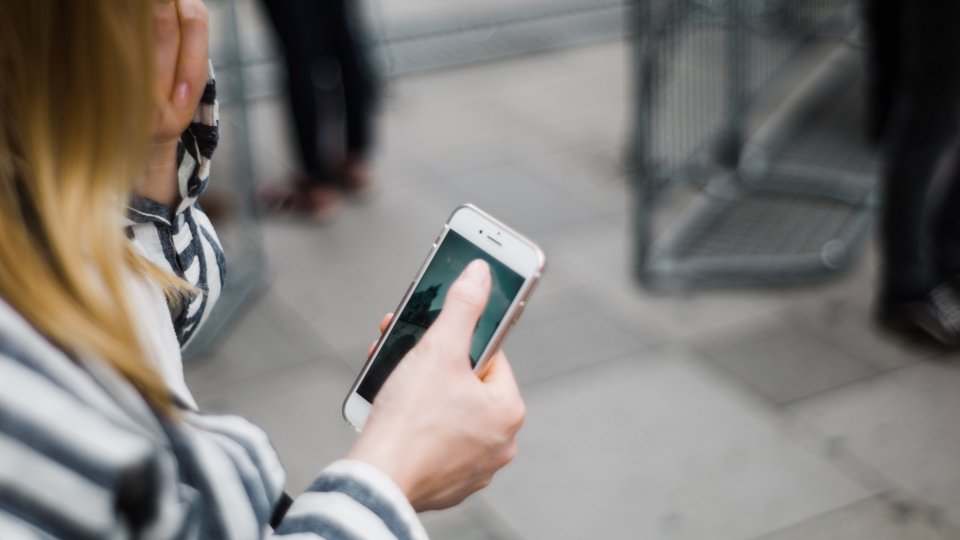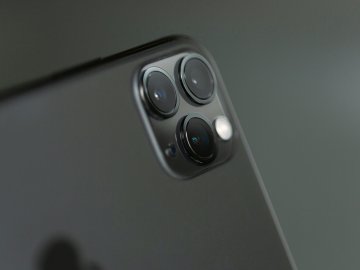Last week the Helplines team sat down with our popcorn (well, maybe not popcorn but let me dream) to watch the much anticipated documentary on BBC3, ‘Zara McDermott: Revenge Porn’.
It was a hard watch, the story that Zara and other girls featured told are all too familiar, and sadly there were some crucial points for education that were missed.
We need to share this, because as it stands, we worry that if a young woman watches the documentary, without knowing what they didn’t say, they may be even less inclined to get help with intimate image abuse.
Terminology
The use of the term ‘revenge porn’ makes us feel very uncomfortable. I know, I know, the Helpline is called that too! We have been trying to move away from the term for many reasons but we also need people to find us when they need it most. It has always been a conflict.
The reason we don’t like ‘revenge porn’, is because it is rarely revenge and it is certainly not ‘porn’. The people we support are victims of abuse, ‘porn’ is something salacious, enjoyable and importantly, consensual, abuse is not.
We prefer ‘intimate image abuse’ although it’s not quite as catchy!
Age Distinction
The doc explores another incident in Zara’s life, where she was abused in this way when she was 14. This is what we call ‘sexting’, not revenge porn.
There are very good reasons for this distinction as the law is totally different, and safeguarding responses would also change. It is a similar crime but to share an ‘indecent image of a child’ is a completely different kettle of fish. I talk more about the distinction in this article.
I was really hoping they would address this in the doc: as it goes on, more girls talk about what happened to them at 14 and it would have been great if someone had pointed out that this is a different crime altogether. It sounds like we are being pedantic, but knowing the difference can empower young girls.
Knowing that, yes, if you report this, the police may take his phone; if adults were viewing that material they are breaking the law; and yes, if you report this, you will be safeguarded properly: this should be encouraging.
It would have also been great to talk about Outcome 21 which is something the police can use to record a crime without criminalizing young people, a vital piece of information. We want to create a society where the perpetrators of this crime feel shame, not their victim, and part of that is about encouraging reporting.
Responses From School
The response from Zara’s school at the time was completely unacceptable. They did make a statement within the doc to say they have changed, and I really hope they have.
Excluding and vilifying victims of crime is something I hope we are not bringing into the 2020s anymore! If schools need help to understand and shape policy there are loads of resources.
Bystander Mentality
Sam admits that he was sent the image in a WhatsApp group which he was in. And this was not challenged!?
Ok, you can’t help what is sent to you sometimes, but you can sure as hell make a stand! You can leave the group, you can challenge the person who sent it to you. You can say, “that’s not cool mate”.
The fact that it was just so blasé and taken as a given that “this stuff happens” was very disappointing. The saving grace in the doc may have been her ex-boyfriend who admitted that he may have actually been ‘part of the problem’ by being a bystander and not sticking up for her.
Correct. This level of self-awareness is what we all need more of.
The Right to Say No
Lastly, and we want to make this one REALLY clear. It is not okay for young people (or anyone) to be coerced into sending images: You have the right to say no.
Many of the cases discussed (especially incidents that took place while at school) involved some level of coercion. We need to be educating young women about this, to trust their gut and to know what good relationships feel like. Being forced and manipulated is a huge red flag to say the least.
They touched upon it but, watching the documentary, we just wanted to step in, give these girls a hug and tell them, no you are not to blame, this was not your fault, and the person that abused you in this way is the only person that should feel ashamed.
Conclusion
We could go on and on, but these were some of the main things we felt needed to be said. Trigger warning if you feel like watching it, it’s tough and you will likely need a hug or a big bar of chocolate after.
If you have ever been a victim of this type of crime and want to know more about how you can get help, here are some key places:
- Over 18? Check out the Revenge Porn Helpline for advice, guidance and signposting.
- Under 18 and need help? Loads of places for you to contact, you can call The Mix for a chat. You can report images directly to the Internet Watch Foundation, but most importantly don’t be worried about telling someone in real life. If there is an adult in your life you can trust, please share with them so they can support you fully. You can also check out our resource, ‘So you got naked online’, for more info;
- Professional working with children and young people? Contact our Professional’s Online Safety Helpline on 0344 381 4772/ helpline@saferinternet.org.uk






